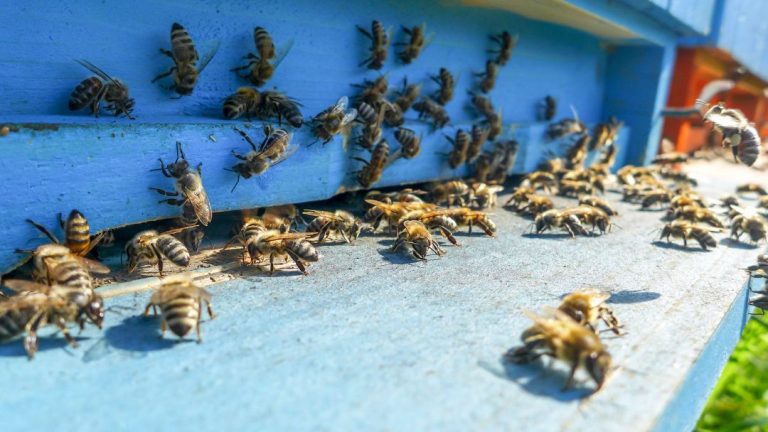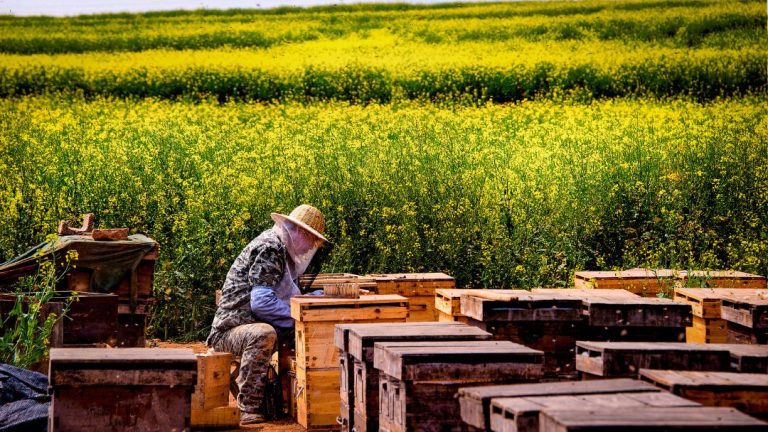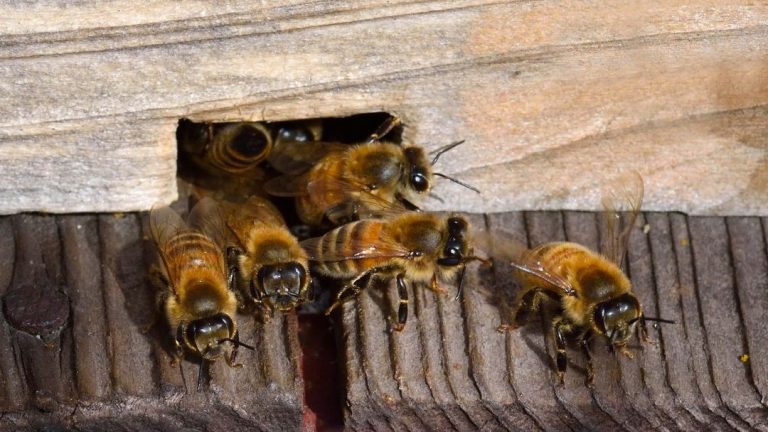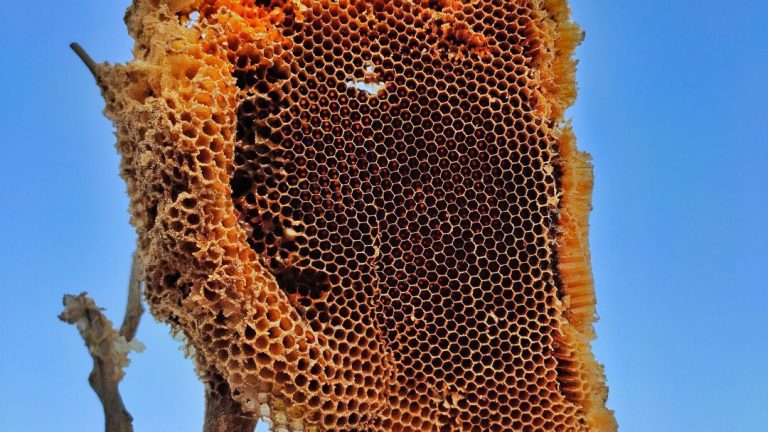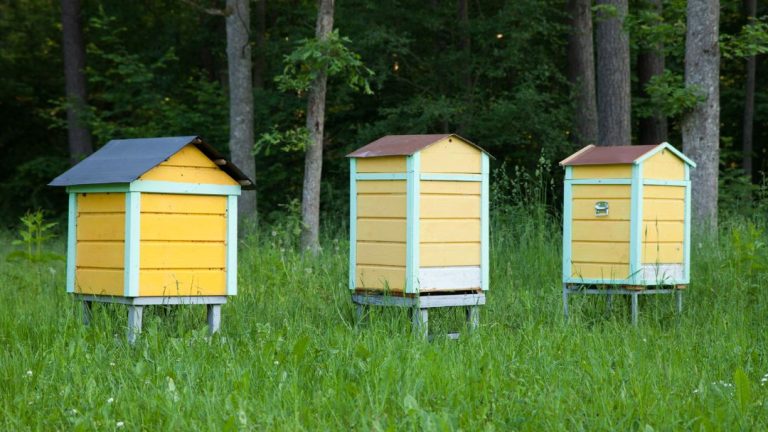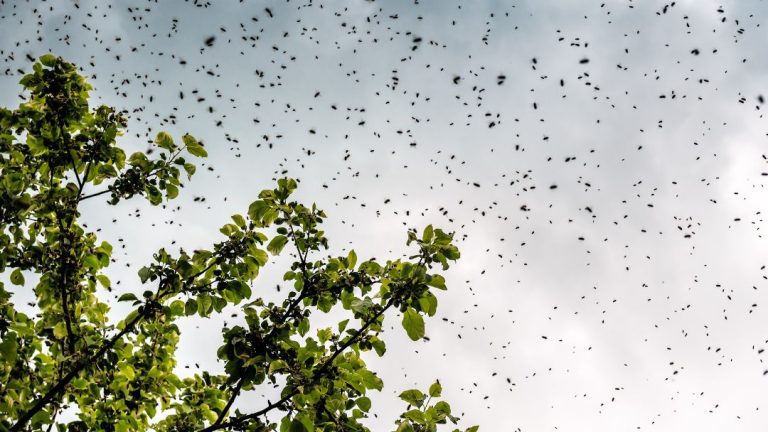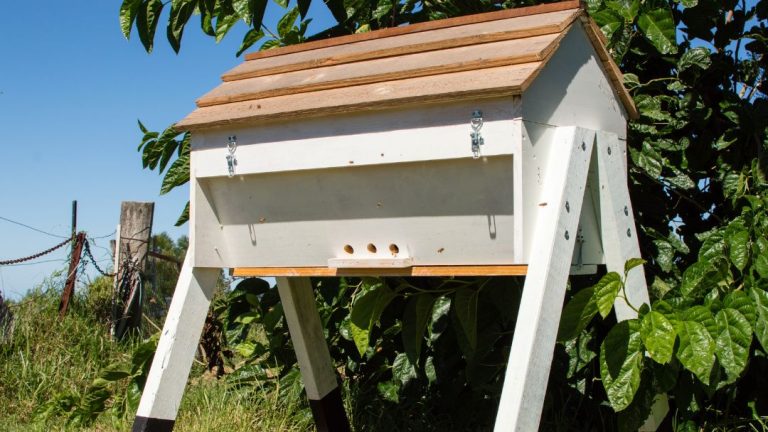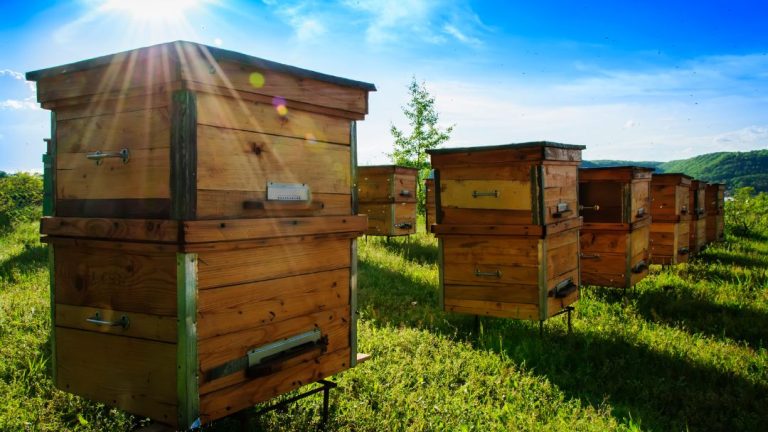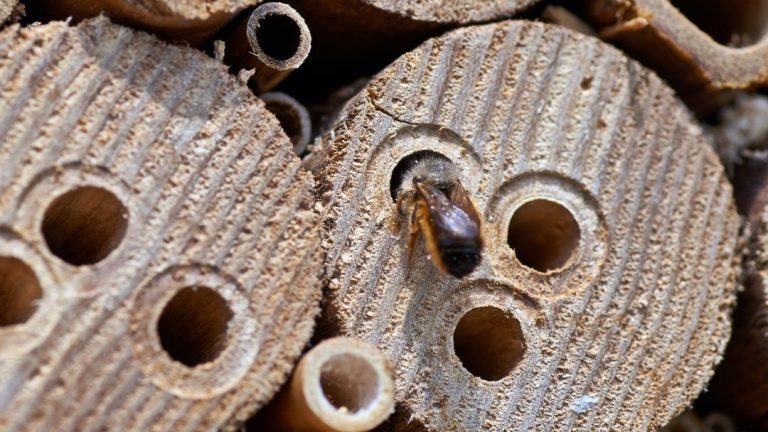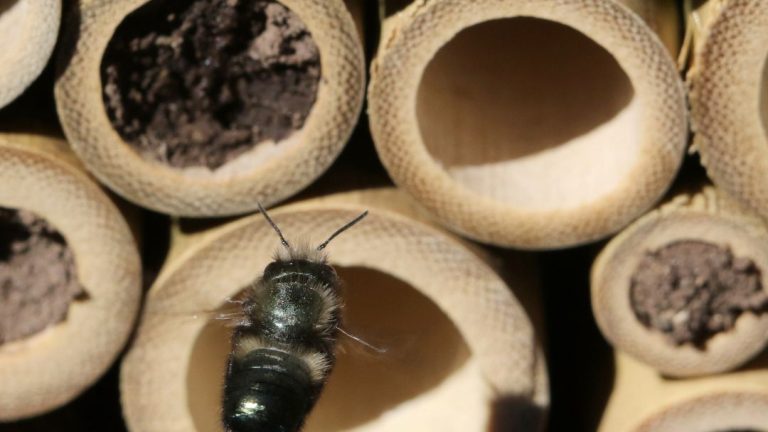What is the Best Beehive for Beginners? Discover the Right Choice!
The best beehive for beginners is the Langstroth hive due to its ease of use and popularity among beekeepers. It offers a simple design, modular frames, and standard sizing for easy management and expansion of the bee colony. Starting a new hobby in beekeeping can be exciting yet overwhelming, especially when it comes to choosing…

